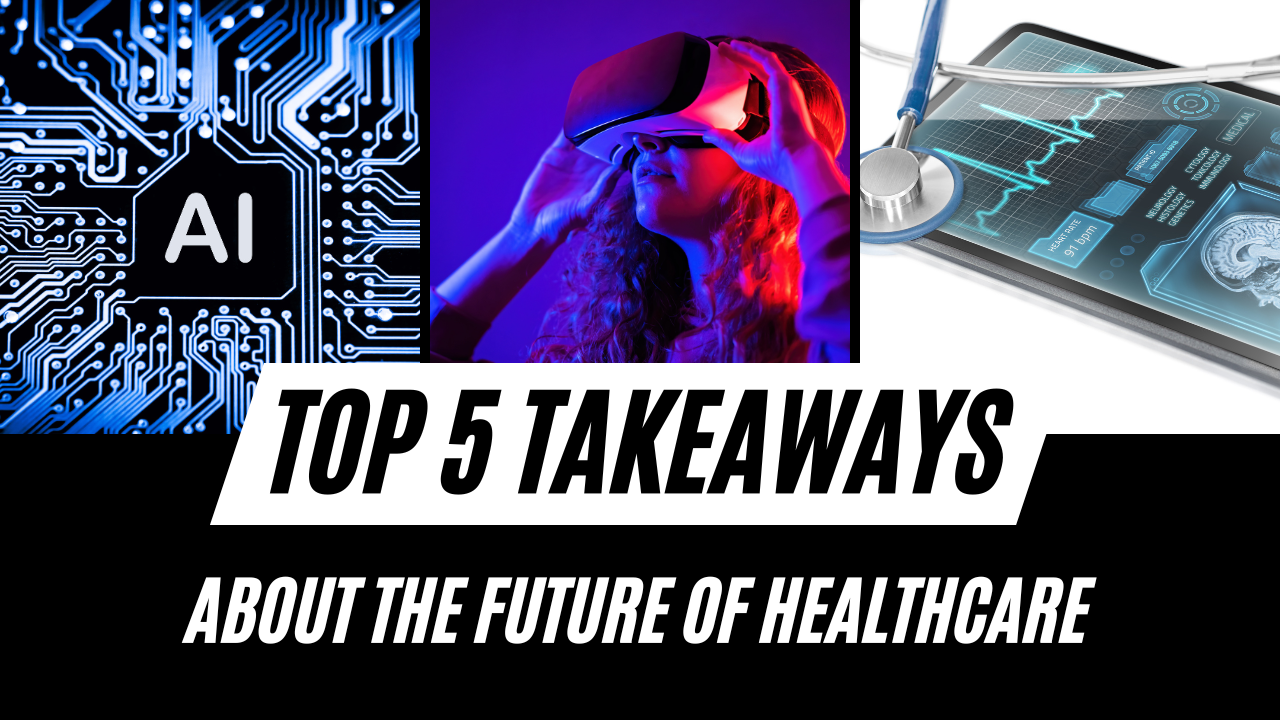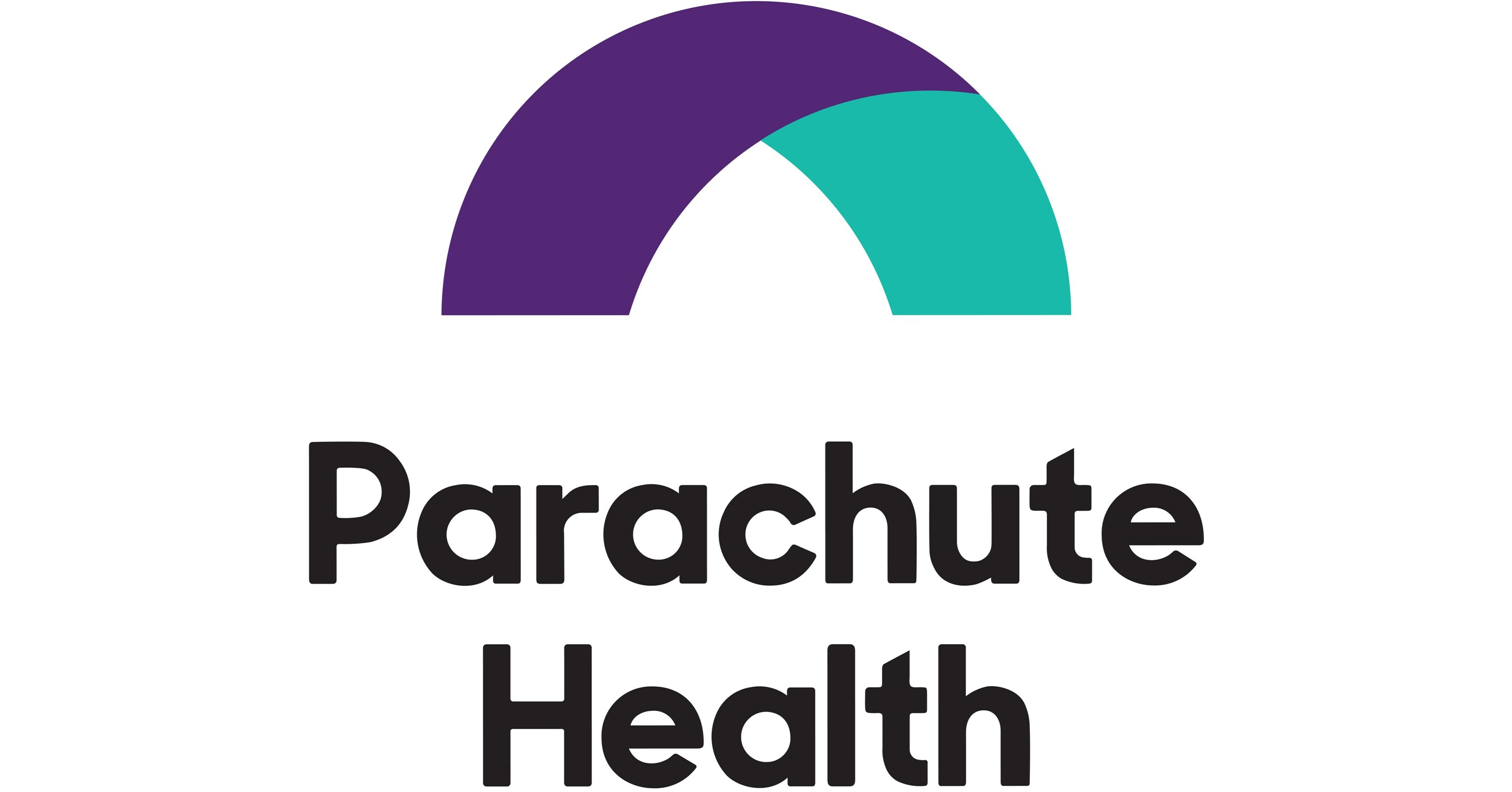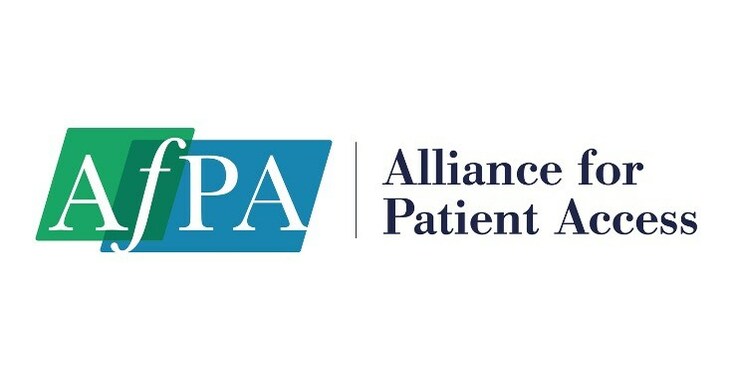- Digital MD
- Posts
- Clinicians Boosting Trust in AI, Addressing Labor Shortages, and Advancing Care
Clinicians Boosting Trust in AI, Addressing Labor Shortages, and Advancing Care

Good Morning! We hope you had a great 4th of July and weekend! Due to the holiday last week, you will be getting a newsletter twice this week. Let’s dig into the latest in healthcare.
Thank You to Our Sponsors
Latest Podcast Episode
ICMYI: In the latest episode of the Digital MD podcast, Dr. Liz Kwo engages with Brian Urban, Director of Innovation and Emerging Markets at FinThrive. With a robust background in exercise physiology, business administration, and public health, Brian offers a deep dive into how FinThrive leverages AI and data analytics to optimize revenue cycle management in healthcare.
Featured Article
Top Insights of the Week
Clinicians in the spotlight
Clinicians can help patients gain trust in generative AI
For both patients and doctors to trust and rely on generative AI at the point of care, it is critically important that the technology is trained on content provided and vetted by medical professionals.
Physicians can play an important role helping healthcare realize the potential of generative AI, not just by adopting it for their own use but also by helping to educate their patients.
Why is this important?
Explains how clinicians can educate patients in embracing generative AI as a tool that helps improve their health outcomes.
Solutions to address the labor supply-demand imbalance for anesthesia clinicians
Growing imbalance in the supply versus demand for anesthesia care providers poses difficult challenges for the U.S. health care system, generating work intensity and stress, unsustainable workloads, and retirements from clinical practice.
Experts believe that successfully addressing the workforce imbalance will require reassessment of existing strategies and the introduction of new ones.
Why is this important?
Explains the short-term and long-term solutions to address the anesthesia staffing shortages.
Inspirational Pill
LifeSave Kansas now carries and can administer whole blood on every air medical transport across the state
Because each unit of whole blood provides all blood components, it offers superior outcomes for patients suffering from trauma or hemorrhagic shock. It is particularly valuable in rural areas where there may be limited access to donated blood
The earlier patients receive whole blood, the better their outcomes, showing the significance of pre-hospital transfusion.
Why is this important?
Explains how having whole blood aboard their helicopters and fixed-wing airplanes allows their industry-leading trauma clinicians to provide additional life-saving care when every minute counts.
Startups, therapies and devices
Philips Zenition 90 Motorized receives FDA 510(k) clearance with a high-powered and fast motorized mobile C-arm
The Philips Zenition Image-Guided Therapy Mobile C-arm Systems is an intuitive C-arm that allows clinicians to control it from the table-side with user-friendly controls and time-saving features – empowering the clinician with greater flexibility and independence and delivering state-of-the-art image quality.
Why is this important?
Explains how the mobile X-ray system supports complex vascular needs and a full range of clinical procedures.
AI, digital tools and partnerships
Telehealth can make palliative care accessible to more cancer patients
Early palliative care can be delivered successfully, effectively, and efficiently via telehealth, improving access for patients who otherwise may not be able to get such care and addressing the insufficiency of specially trained palliative care clinicians.
Why is this important?
Explains how Telehealth provides access to patients with advanced cancer living in a rural area or lacking transportation for in-person visits.
Updating the current mental health assessments could help patients get diagnosed and feel better faster
Updating our current assessments to incorporate more objective diagnostic tools could help shorten how long it takes to receive an accurate diagnosis, which would help current patients get better faster and would also address the “mental health professional shortage areas,” where there’s an extreme lack of access to skilled providers.
Why is this important?
Explains how using algorithms and augmented machine learning could create faster and more exact mental health diagnostic assessments.
Parachute Health launches new integrated solution that embeds prior authorization workflows directly into the prescribing process
The solution streamlines the ordering and authorization process by embedding prior authorizations into the point-of-care ordering process, building the necessary cost-controls to eliminate the current administrative burden that all stakeholders face.
Why is this important?
Explains how clinicians and patients are offered the freedom to choose their medical equipment and provider.
Color Health partners with OpenAI to pioneer the copilot application.
This innovative tool utilizes artificial intelligence (AI) to streamline cancer care and expedite treatment plans.
The copilot application leverages OpenAI’s GPT-4o model to integrate patient medical data with extensive clinical knowledge.
Why is this important?
Explains how this collaboration produces a customized roadmap for each patient’s treatment journey and enables clinicians to analyze patient records and identify gaps in an average of 5 minutes, significantly faster than traditional methods.
Fit-Frailty app helps providers with decision-making and care planning for frail patients
The simple-to-use tool helps health-care providers identify the risk of frailty and age-related loss of muscle mass and strength in less than 15 minutes, through an in-person assessment. It incorporates disease-related, psychosocial, nutrition, and functional aspects of health and fitness, and includes cognitive and physical performance measures.
Why is this important?
Explains how understanding the level of frailty across a frailty spectrum and identifying areas where intervention is needed can help doctors and other clinicians better assess a patient’s level of frailty and develop individualized care plans.
Survey
The Future Health Index (FHI) survey conducted by Royal Philip lists burnout and staff shortages as critical factors impacting quality and access to care
92% of healthcare leaders report deteriorating staff wellbeing, mental health and work-life balance as a result of workforce shortages
81% burnout/increased incidence of stress and mental health issues
69% deterioration in work-life balance
66% low morale/ engagement
Why is this important?
Explains not only the problems that healthcare workers and leaders face every day but also the solutions to fix, alleviate, or eliminate them.
Precision Medicine
Precision medicine legislation paves the way for patients to access life-saving testing and treatment
Patients in Florida soon may have increased access to biomarker testing and targeted treatments. Biomarker tests let health care professionals identify the specific cause of a condition down to the cell. Getting the right treatment swiftly can help patients limit their disease progression and avoid less desirable treatments.
Why is this important?
Explains how understanding a patient's condition enables healthcare providers to develop a treatment path tailored to a patient's specific needs.
Thought Leadership
Dr. Liz Kwo and Dr. Zeev Neuwirth chatted about unlocking the future of healthcare with digital revolution a few episodes ago. Check out the full episode for more insights.
This Week’s Poll ⬇️
Last Week’s Poll Results ✅
100% of you said you are reading the Digital MD book. We love to hear that!

Stay tuned for more content! Don’t forget to like, comment, and subscribe 😃







/https%3A%2F%2Ftf-cmsv2-smithsonianmag-media.s3.amazonaws.com%2Ffiler_public%2Fe1%2F05%2Fe105d9e9-0802-4b1e-b2a5-8f1cafb247c9%2Fmentalhealthtec-v2_web.jpg)




Reply